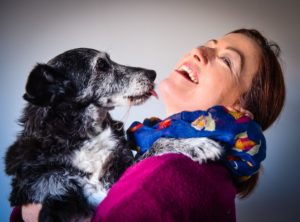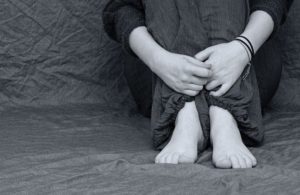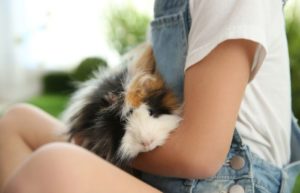Are you preparing your home for a new member of your family? If you plan to adopt a puppy, or even if you already have one, you should know some essential things on how to take care of it and how to secure for it a happy and peaceful life. Your dog will flourish in an environment that includes proper diet, preventative veterinarian care, health monitoring, cleanliness, a place to call home, and lots of exercise and love.

Vet Care
After you’ve adopted a puppy, the first thing you should do is take it to the vet. Most adoption facilities will provide you with information regarding your puppy’s health and immunizations, but a first visit to the veterinarian is always a good idea. The vet may do a general examination, check for parasites, vaccinate your puppy if necessary, and make food and care suggestions. Remember not to separate a puppy from its mother and siblings until it is 8 to 10 weeks old.
Dogs can be afflicted by parasites such as fleas or intestinal worms, therefore internal and external deworming are crucial elements of basic puppy care. Even if a small number of parasites aren’t an issue, they might create problems in dogs, such as anemia. They can also infect other animals and people, which is why it’s crucial to deworm your puppy from the start and repeat the process every month. Your veterinarian will recommend the best product for your puppy. Internal deworming can start as early as day 15 of a puppy’s life. Only after 8 weeks should external deworming be started.
Vaccination is another important component. The immunization regimen starts when a dog is around 8 weeks old and is repeated every year after that. Vaccination against rabies is advised, although it is not required. Vaccines are given in multiple consecutive doses during the early weeks of a dog’s life. Until this vaccination period is complete, it is best not to take your dog outdoors for walks, since it hasn’t acquired immunity yet and might contract dangerous illnesses.
Dog Shop
There are a lot of dog-care products available on the market. Food and water bowls, bed, dry, wet, or homemade food, collar and harness, carrier or car seat, brush, shampoo, nail clipper, and toys are among the most basic. You can choose among the available products from edogaustralia.com.au and make your dog happy as soon as possible! A martingale-style or buckle collar with an ID tag and a rabies tag may be the best option for your pet. Check that your dog’s collar is correctly fitted. Two fingers should be able to fit between the collar and the dog’s neck. If you’re not sure if a different style of collar is suitable for your dog, talk to your veterinarian or a trainer.
Toys are an excellent way to keep your dog mentally and physically stimulated. To find out what your dog likes, try a few different sorts of toys. Keep an eye on the toys you leave in his kennel while you’re gone. Toys with no components that a dog can ingest are the best. Make sure the toys’ colors and materials are non-toxic and free of heavy metals.

Training
Dog care also includes basic training. This involves potty training, as well as teaching them to sit, socialize with other animals, and not leap on humans, or chew whatever they come across. Dog training classes are becoming more popular, and they are a fantastic method to train your dog with the help of specialists. Of course, positive reinforcement should always be used in training. This encourages the dog to keep learning and internalize the commands more effectively. Training is important for a dog’s optimal growth since it not only improves behavior but also provides mental and physical stimulation.
Another crucial component is exercise since dogs must channel all of their stored energy in a positive manner. Some hours of the day should be spent on both indoor and outdoor play to meet a dog’s activity demands. Allow your puppy to run, but not too much since this might lead to joint issues.
Nutrition
Adult dogs should eat high-quality, high-protein, balanced dog food twice a day. Puppies should eat three to four times a day at first, then shift to two meals at four months. Fresh, clean water should always be available to it, and at least twice a day, you should replace it.
Finally, your dog requires your undivided attention and affection. When a dog is left alone, it is more prone to have behavioral issues that will worsen as the dog grows older. So, if you love your dog unconditionally, utilize positive reinforcement, and properly care for it, you will have a faithful friend for many years.





